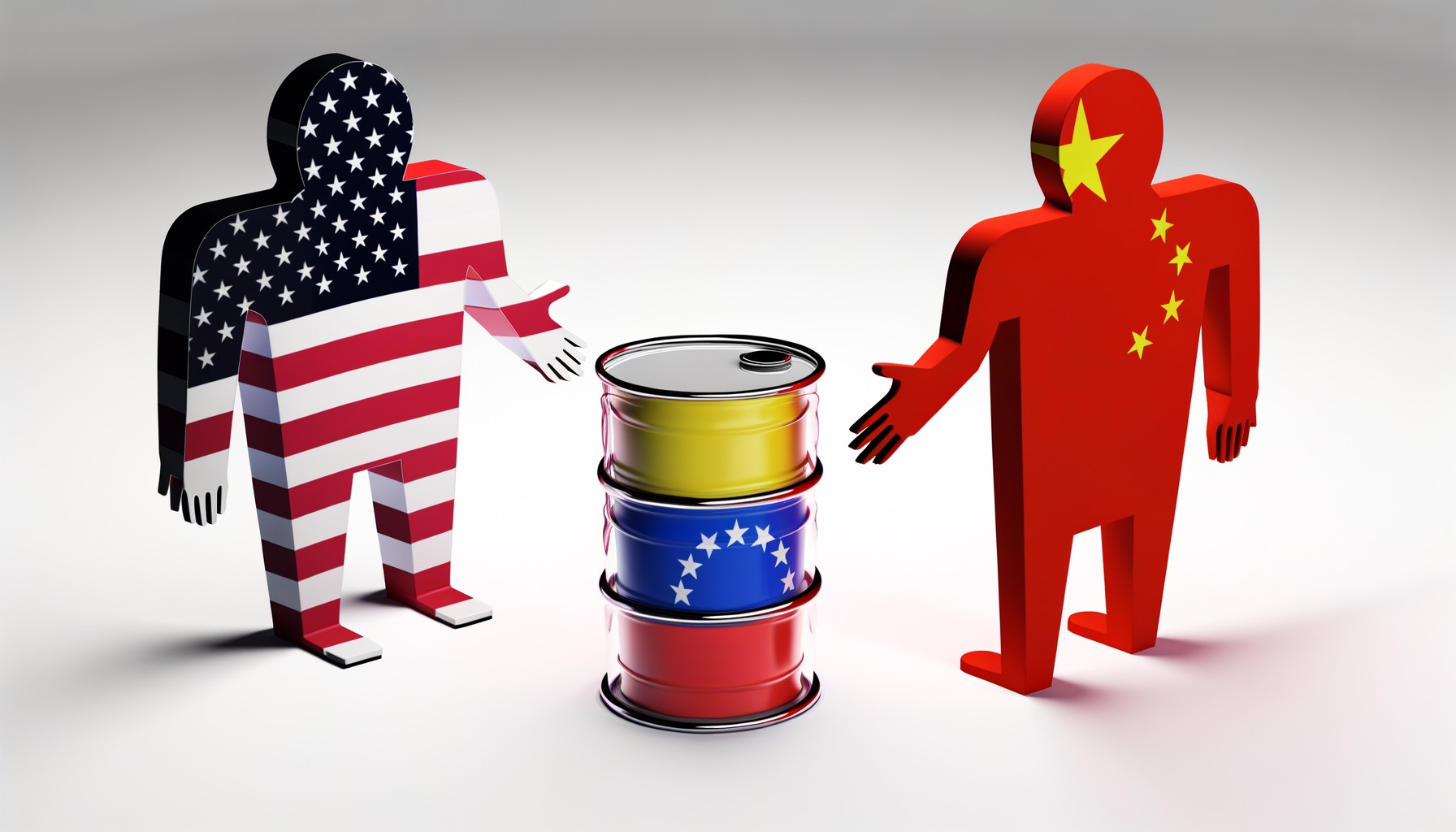Quantum computing firm PsiQuantum is reportedly raising at least $750 million in a new funding round led by BlackRock, pushing the startup’s pre-money valuation to $6 billion.
The round remains ongoing, but it signals strong investor confidence in PsiQuantum’s ambitious timeline to deliver a fully functional quantum computer by 2029, or sooner.
The US, California-based company uses photonics and semiconductor techniques to produce quantum chips in partnership with GlobalFoundries at a facility in New York.
It has also secured collaborations with the governments of Australia and the US to build quantum computers in Brisbane and Chicago.
The Chicago project will anchor the new Illinois Quantum and Microelectronics Park, marking a major milestone in the commercialisation of quantum technologies.
PsiQuantum faces stiff competition from tech giants like Google, Microsoft, Amazon, and Nvidia, all of whom are making significant strides in quantum research.
For more information on these topics, visit diplomacy.edu.










